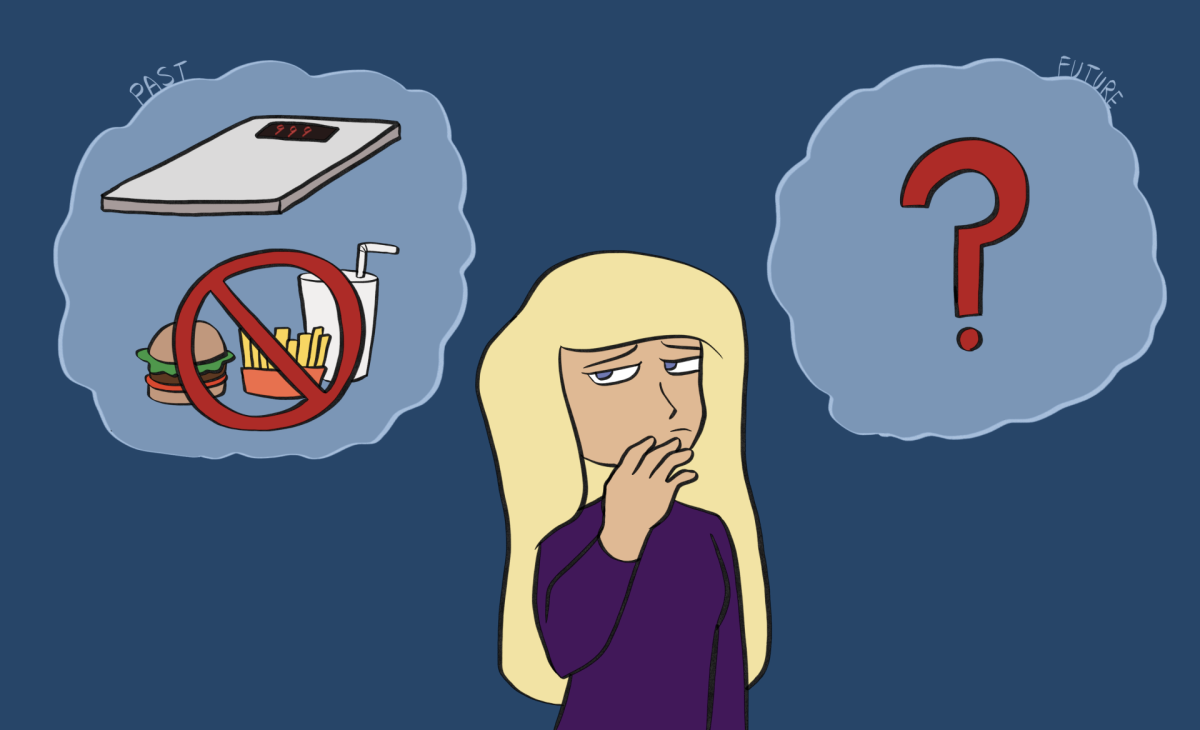School should seem like the second safest place besides home, but as we have seen in numerous stories of school shootings and other forms of school violence, it’s losing its spot in that category quickly. On Wednesday, April 9, 16-year- old Alex Hribal walked into his Pennsylvania high school with two kitchen knives and stabbed 21 classmates and a security officer.
There has been no clear motive behind his attack but there is suspicion it may have been a result of Hribal being bullied. Hribal was charged as an adult with four counts of attempted homicide and 21 counts of aggravated assault. Four of his wounded classmates are still hospitalized in critical condition.
“When I first heard about it, I thought of the Columbine Colorado Shootings that happened when I was in high school,” Nicole Coleman, a journalism grad student, said. “These attacks are happening more regularly now, and I don’t know what the real solution to ending all this violence is.”
School violence, particularly gun violence on high school and college campuses, is spreading quickly. In an analysis done by Moms Demand Action for Gun Sense in America, there were 13 separate school shootings in the first six weeks of 2014. The study also shows there have been at least 44 school and college shootings since the Newton December 2012 elementary school killings.
“It’s scary to see how school violence is rising, but I usually feel safe on campus. I just hope such a thing would never occur here at DePaul,” senior Nadine Tadros said.
Whenever a mass shooting occurs, the killer’s mental state is usually brought up. There are conversations surrounding Hribal’s mental health and whether bullying drove him to such a state of depression that he couldn’t take it anymore. Classmates described him as a completely normal high school sophomore, with no tell-tale signs of depression or mental health issues.
So what made Hribal suddenly snap? Whether or not he was bullied or whether other factors could have made him completely lose it, his circumstances don’t justify his actions. Like many other cases, there is the need to evaluate Hribal’s mental state and see whether he had mental health issues. Why is that? Why do we need to look past his deadly actions and find a source for it, even at times almost excusing him for it?
He could just be a teenager who wanted to kill people, no justifiable reason behind that. Or maybe he wanted to get back at classmates for bullying him – still, no justification behind that either. Sure, he could have had a lot going on in his life and he needed to express his anger or stress somewhere – but not with stabbing 22 people.
The larger issue here is that whenever mass acts of violence occur, mental health almost always comes into play. I’ll agree that someone’s mental state could be a big factor behind such violent acts, but it’s not the sole factor, and it’s not one that should be used as a possible reason for why such acts occurred. When we keep attempting to find a source for mass acts of violence, we may sometimes cross those blurred lines of excusing their actions.
In other words, those who commit such acts are aware of what they’re doing. They made the conscious effort that morning or in advance to plan and execute their deadly acts and the sob stories surrounding their state of mind need to stop. The mental state should of course be looked at, but it shouldn’t be the only focus.
However, this seems to always be the case, especially when those responsible are white males. The majority of school shootings and other acts of mass violence are committed by white, teenage or adult males. The Colorado theater shooting and Newtown school shootings were done by white males, as was Columbine. And the conversations surrounding these acts are usually the same – they probably had mental health issues.
When white men commit mass acts of violence, they always have the privilege to be looked at as an individual and each case is seen as something different, something that we should evaluate because we have to know why the act was committed. These white men are special enough to be asked, “Why?” But when other races – particularly people of color – commit such acts, never for once is their mental health looked into. They are never asked why.
Instead they are deemed as a nuisance to society and locked up in jail. Of course, there shouldn’t be any excuse for ever committing a violent crime, but when one group of people has the upper hand in using a motive – especially mental health problems for their defense story – that right there should be a crime.







